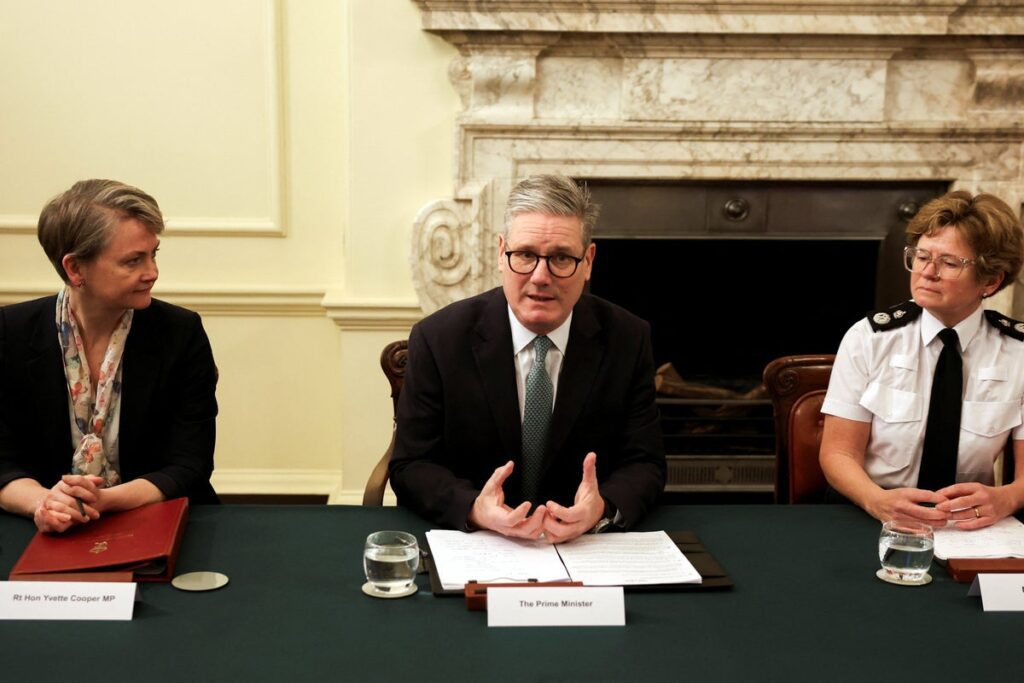Your support helps us tell essential stories
From advocating for reproductive rights to tackling climate change and critiquing Big Tech, The Independent remains committed to highlighting crucial stories as they unfold. Whether it’s investigating the funding behind Elon Musk’s pro-Trump PAC or presenting our documentary ‘The A Word’, which focuses on American women courageously fighting for reproductive rights, we recognize the importance of separating fact from rhetoric.
In this pivotal moment in U.S. history, having reporters on the ground is essential. Your contributions enable us to continue sending journalists to uncover both sides of the narrative.
The Independent is a trusted source for individuals across the political landscape. Unlike many reputable news organizations, we don’t impose paywalls to restrict access to our reporting and analysis. We believe that exceptional journalism should be accessible to everyone, supported by the contributions of those who can afford it.
Your support is vital to our mission.
A government initiative aimed at combating violence against women, established after the tragic murders of Sarah Everard and Sabina Nessa, has been deemed ineffective by a watchdog report.
Despite spending substantial resources, the outcomes for victims of violence against women and girls (VAWG) have not improved, with the situation worsening considerably and contributing to what has been labeled an “epidemic” of violence.
The National Audit Office (NAO) highlighted that VAWG remains a troubling and expanding issue, impacting one in every twelve women, and criticized the Home Office for not effectively leading a coordinated response across the government.
The findings put additional pressure on the Labour government led by Sir Keir Starmer, which has pledged to cut VAWG in half over the next decade.
For this goal to be achieved, the NAO specified that the Home Office must initiate a cohesive, fully integrated response that tackles the root causes of VAWG.
While a dedicated team was formed under the Conservative government to manage the 2021 VAWG strategy, the NAO remarked that gaining cooperation from other departments has been a significant challenge, as a committee intended to oversee the strategy did not convene until a year after its launch.
The report arrives amidst rising concerns over VAWG, with police recording over one million violent crimes against women and girls in the 2022/2023 period, which accounts for nearly 20% of all non-fraud related crime in England and Wales.
Moreover, the ministerial oversight group for the strategy has only convened four times in three years. Sir Geoffrey Clifton-Brown, chairman of the Public Accounts Committee, expressed disappointment that the Home Office is unclear about where funding is allocated and its impact.
“If the Home Office is serious about reducing violence against women and girls within the next decade, it must no longer depend on uncoordinated efforts,” he stated.
“The government needs to thoroughly examine lessons learned from previous strategies to better understand effective measures to prevent these horrific crimes and improve support for traumatized victims.”
According to the NAO, the incidence of sexual assault among women aged 16 to 59 in England and Wales rose from 3.4% in 2009-10 to 4.3% in 2023-24.
During the same timeframe, reported incidents of rape and sexual assault against women and girls soared from 34,000 to 123,000. The NAO attributed part of this increase to more thorough crime recording practices.
The report also raised concerns regarding funding, noting that unlike the 2021 strategy for combating illegal drugs, no joint spending request was submitted for the VAWG strategy, and observed a historical pattern of underspending by the Home Office in this sector.
The NAO’s analysis suggested that other government departments likely expended at least £979 million between 2021-22 and 2023-24, while the Home Office historically underspent its budget allocated for the VAWG strategy by an average of 15% during the same period.
Gareth Davies, head of the NAO, commented, “Government initiatives to address violence against women and girls have yet to yield positive results for the victims. The absence of an effective, coordinated governmental approach and a limited understanding of what strategies effectively reduce these crimes impedes the Home Office’s confidence in ensuring women’s and girls’ safety.”
Victims’ Commissioner Helen Newlove stated that while the government’s aspiration to halve VAWG in the coming decade is both commendable and necessary, the report indicates a serious deficiency in understanding what genuinely works to combat this issue.
She emphasized that merely increasing police presence will not resolve this crisis; an effective strategy necessitates coordinated efforts across all sectors with united leadership from the top. “Departments must sing from the same hymn sheet and work cohesively. That much is evident,” she said, highlighting the necessity of amplifying victims’ voices and sufficiently funding essential support services.
A Home Office spokesperson remarked that the report focused on the previous government’s shortcomings in implementing systemic change and affirmed Labour’s commitment to transformative measures.
They added, “Over the past six months, we have acted swiftly to enhance victim protections and pursue offenders, introducing new domestic abuse protection orders, deploying domestic abuse specialists in emergency response, strengthening police protocols against spiking and stalking, and fostering collaboration across government departments to tackle these issues effectively.”
The Independent’s Brick by Brick initiative, launched in partnership with the domestic abuse charity Refuge, aims to raise funds to construct two homes for women and children fleeing abusive relationships.
Donate here or text BRICK to 70560 to give £15.
The initial fundraising goal of £300,000 was exceeded, gathering over £500,000 in donations so far, and plans are underway for a second home.
The National Policing Statement regarding Violence Against Women and Girls indicates that at least 1 in 12 women will experience victimization each year, equating to around 2 million women, although the true figure is likely much higher due to underreporting.


